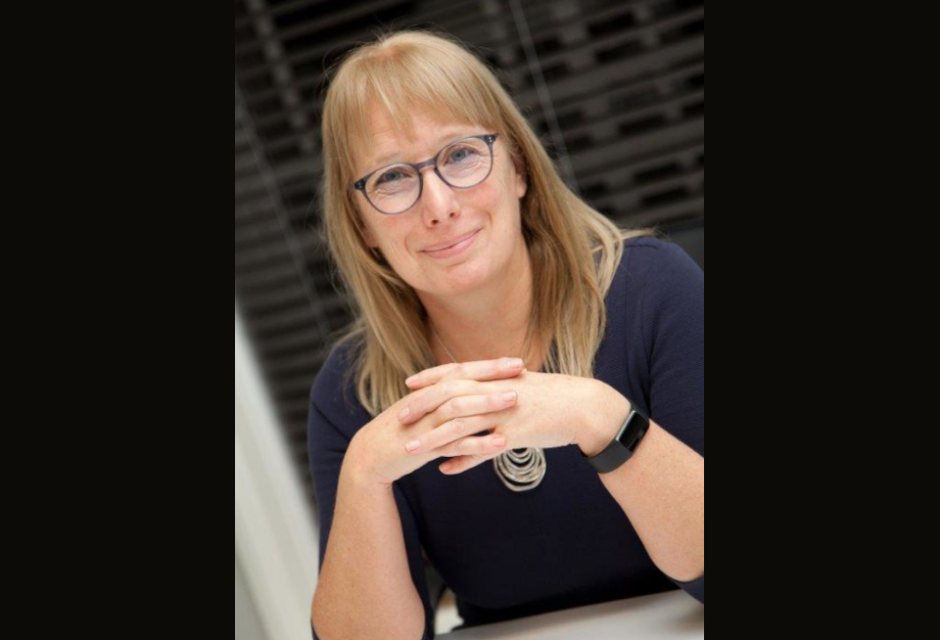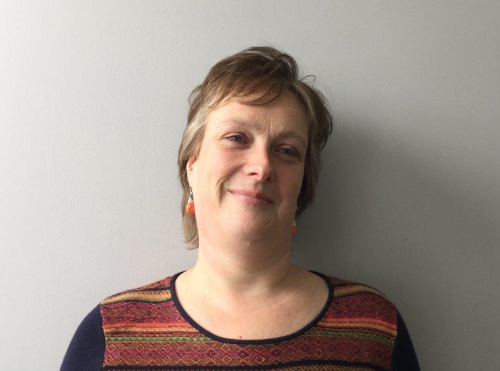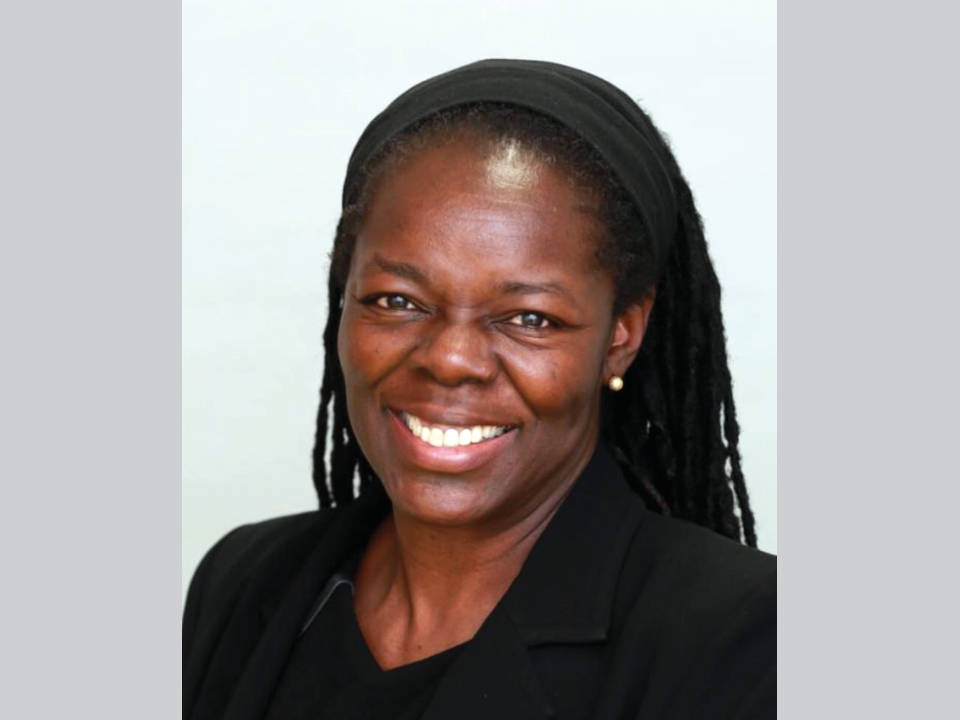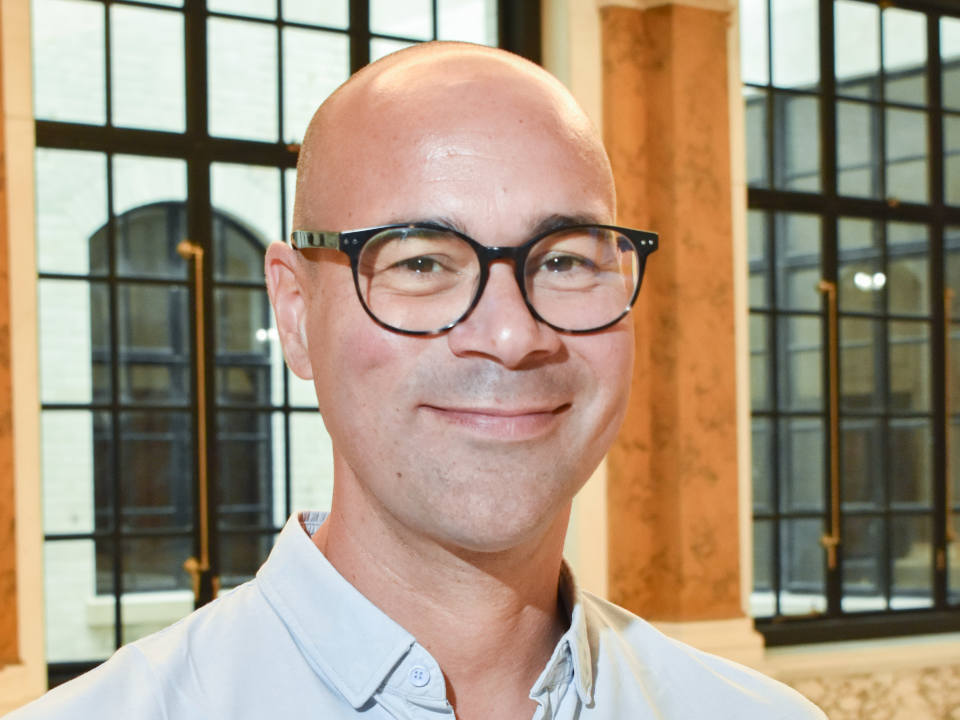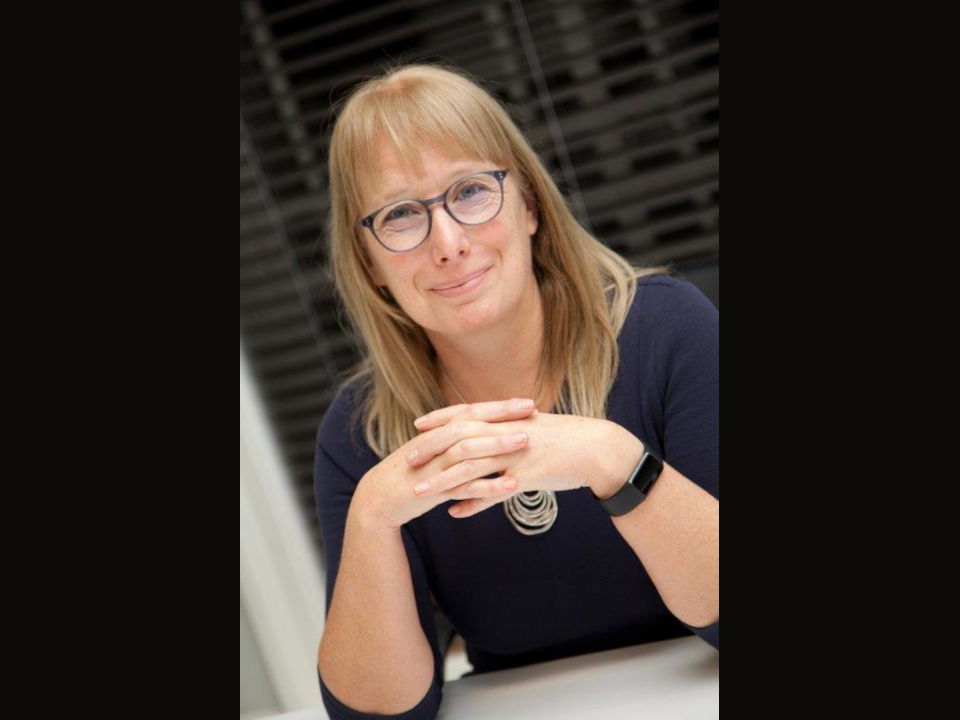
Helen Lincoln
Chair of the Families, Communities & Young People Policy Network
Executive Director for Children, Families and Education, Essex County Council
Since the recent ADCS FCYP Policy Network meeting, I’ve been thinking a lot about coherence. Every child has just one childhood, yet the system around them can feel like a patchwork of programmes, priorities and reforms, each coming from a place of genuine commitment but not always joining up in the way families experience their lives. Local government works hard to make sense of this. Every day, councils stitch together early help, schools, social care, youth, housing, health and community support so that children experience something steady and connected. National reforms across SEND, alternative provision, early years, Family Hubs, social work, housing, youth justice and schools all aim to improve outcomes. There is real intent behind this work. But the pace and specificity of change can make it harder to hold the whole child in view. Families don’t live their lives in policy chapters; they live one continuous story.
The early years illustrates this clearly. The Best Start strategy (Giving Every Child the Best Start in Life) shows what is possible when we share a purpose. When maternity, health visiting, family hubs and early education pull together, families feel a sense of confidence and alignment. But even here, the joins can become stretched. Timelines don’t always match, funding lands separately, and accountability frameworks don’t always align. None of this is intentional; it is simply what happens when reforms arrive at pace. Coherence needs time, trust and shared understanding.
Alongside this, we need a clearer national narrative about what the state can, and should do, for vulnerable children. The state must act with care and humility. Intervention can help, but it can also harm. Support should strengthen families, not fracture them. This is one of the toughest parts of our work, and coherence matters because it helps ensure that when the state steps in, it does so with purpose, proportion and a shared understanding of what good support looks like for children and their families.
Local Government Reorganisation brings all of this into sharper focus. For many years, local government has quietly knitted together multiple national reforms – often arriving separately, and often at speed – and turned them into a usable, coherent offer for children and families. Councils have been the stable part of the system: the place where early years meets education, where SEND meets housing, where safeguarding meets community support. For many areas, that stability is now about to change. Structural reform creates opportunities, but childhood does not pause for new boundaries or governance. Children need continuity. The relationships, pathways and rhythms of support they depend on must remain steady. This is where the strengths of local government really matter: deep knowledge of place, long-standing partnerships, and the ability to hold services together even when everything around them is shifting.
ADCS has been making this case for a long time. From A Country That Works for All Children in 2017 to last year’s Childhood Matters, our shared voice has consistently called for a more coherent national approach built around shared outcomes, long-term planning and an unwavering focus on children’s wellbeing. Now, with so much reform underway, we have a real moment of possibility. If we can weave together the strands of early years, SEND, schools, youth justice, mental health, housing and safeguarding, the collective impact could be transformative.
For me, coherence is not another strategy; it is a discipline. It means a small number of shared national outcomes that follow the child throughout their journey; long-term and flexible investment that allows relationships to grow; accountability that values collective effort; and the practical support needed for strong implementation. Above all, it means having a clear, shared story of what childhood in England should look like.
Across ADCS, I see these principles lived every day. Directors and their teams bring people together across systems and sectors. They smooth the joins. They keep the child in view. Local government has always had a quiet strength in making complexity feel simpler for families.
But coherence cannot rest solely on local leadership, especially in times of structural change. National policy now needs to set the ambition and give local places the flexibility and stability to shape delivery. We need national outcomes, not national templates; multi-year investment that survives organisational change; accountability that rewards collaboration; and permission to join up early years, education, SEND, health, housing and safeguarding. Children only have one childhood. To honour it, we need one coherent national story, and the local freedom and leadership to bring that story to life for every child, in every place


